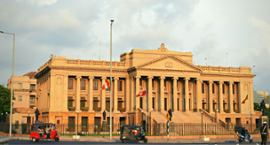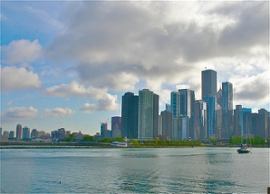Summary
- A new bill aimed at regulating gambling has received approval from both the Sri Lankan Cabinet and the Attorney General's office.
- The Gambling Sports Regularization Act will legalize gambling in physical venues, on offshore ships, and online.
- The final approval is pending and will either be granted or denied by lawmakers in Parliament.
Sri Lanka is on the verge of establishing a fully regulated gambling market as it advances with a new bill that has gained approval from the Attorney General’s office, a crucial step in the legislative process.
Sri Lanka is on the final stretch to legalizing gambling
The draft law, known as the Gambling Sports Regularization Act, is now proceeding to Parliament for its final debate and likely approval. Lawmakers will have the decisive vote on whether to expand regulated gambling in Sri Lanka, a move aimed at boosting tourism, attracting foreign investment, and creating significant economic benefits for the state. Already endorsed by the Sri Lankan cabinet, the draft law was published in the Government Gazette on Monday, April 21, marking an official step in the legislative process. However, it must clear this final hurdle to become law. If approved, the new legislation will replace several outdated laws that largely prohibited and restricted various gambling activities. A key feature of the proposal is the creation of a dedicated regulatory body, the Gambling Regulation Authority, which will license operators and ensure industry compliance.
The gambling industry in Sri Lanka is set to spread to land, water, and the Internet
The proposed law is ambitious, aiming to immediately liberalize the market and develop a comprehensive gambling industry. It plans to include land-based casinos, integrated resorts in the Colombo Port City Special Economic Zone, offshore boat casinos, and even online gambling sites accessible to local players. This extensive legislation explores nearly every opportunity, although the country is aware of the associated gambling-related risks. The newly established gambling regulatory body will be responsible for overseeing this and other vital legislative areas, such as anti-money laundering (AML) and know-your-customer (KYC) procedures.





























